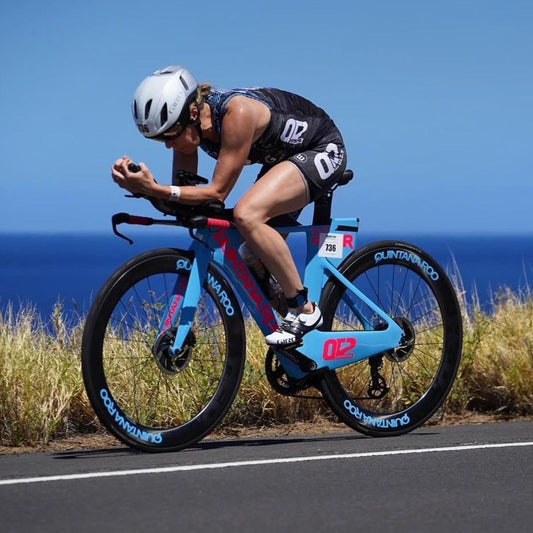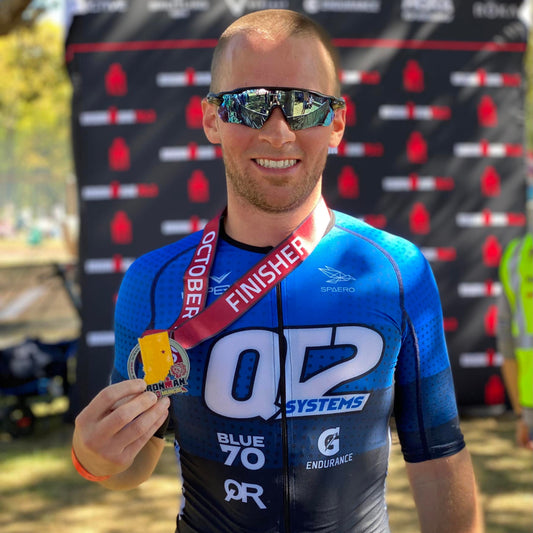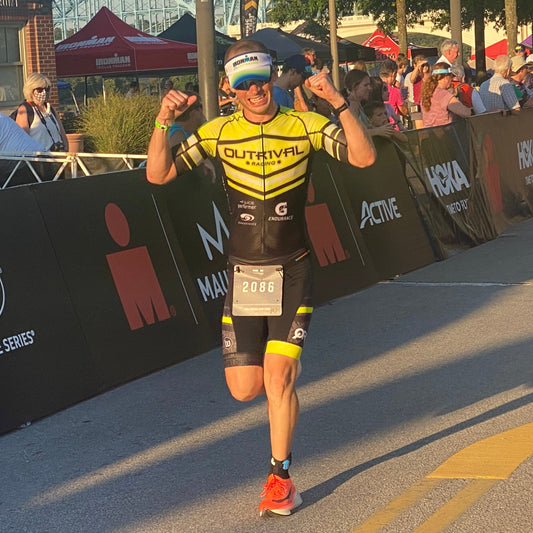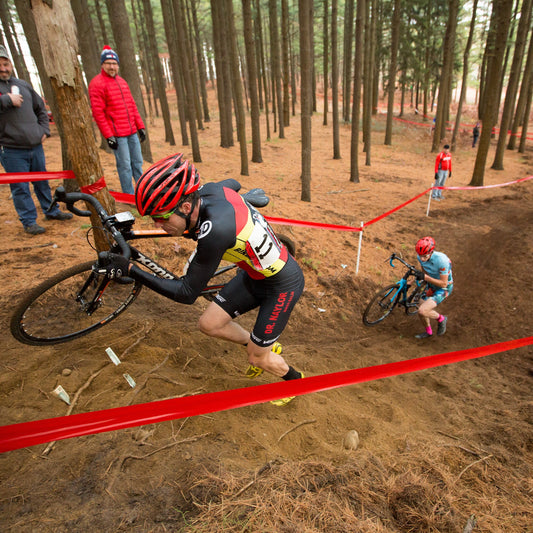One of the biggest challenges in becoming a top athlete is holding yourself to the standard required for success. It’s easy to almost meet expectations—hitting 80-90% of a training plan—but over time, that small gap in execution adds up. What’s tricky is that you may not even realize you’re subtly adjusting the bar downward to match what feels manageable instead of what will truly push you forward.
If you want to reach your full potential, you have to recognize this tendency and take action to stop it before it becomes a habit. The key isn’t just about working harder—it’s about shifting your mindset so that you see 100% execution as the only acceptable outcome.
Here’s how you can break this cycle and reset your standard for consistency and execution.
1. The Short-Term Execution Challenge (3-4 Days)
Long-term goals can feel overwhelming, and it’s easy to slip when the finish line seems far away. Instead of thinking in months, start with a 3-4 day execution challenge that is short, specific, and requires full commitment.
For these few days, your only goal is to hit 100% of your plan, exactly as written—no skipped sessions, no adjustments, no compromises. Keeping the timeframe short makes it easier to lock in, but more importantly, it serves as proof: if you can execute at 100% for a few days, then you can do it for longer.
At the end of the challenge, ask yourself:
-
What made 100% execution possible?
-
How did it feel to commit fully versus adjusting on the fly?
-
What small adjustments can I carry forward to maintain this consistency?
This isn’t about doing more—it’s about showing yourself that you can meet expectations when you prioritize execution fully.
2. Changing the Narrative: Consistency Over Circumstance
It’s easy to justify missing workouts or modifying sessions because of circumstances—a busy schedule, fatigue, or unexpected life events. While those things are real, they can’t become an excuse that holds you back.
Instead, shift your mindset: execution is independent of circumstance. Whether the week is easy or hard, your commitment remains the same. Too often, athletes categorize certain training blocks as “low-stakes” and unknowingly let their standards slip, thinking they’ll tighten up later when it “matters more.” But excellence isn’t something you turn on and off—it’s a habit you build every single day.
Instead of telling yourself, “This week is easy, so it’s okay if I miss a little,” challenge yourself with:
“Do I want to be the kind of athlete who adjusts the bar based on what’s convenient, or one who meets it no matter what?”
That question forces you to reflect: Are you making small justifications that lead to bigger inconsistencies? Are you unknowingly reinforcing a habit of lowering your expectations?
3. The Self-Analysis Process
One of the best ways to improve is through self-reflection—not just being told what to do, but actively analyzing your own patterns.
Ask yourself:
-
What specifically caused me to hit 80% instead of 100% last week?
-
If I had to pinpoint the main thing that got in the way, what would it be?
-
What’s one change I can make this week to ensure it doesn’t happen again?
Instead of defending why something didn’t happen, focus on the solution. The goal is to acknowledge your own role in execution and find ways to fix it, not make excuses.
Once you’ve identified an area for improvement, commit to it: “Great—now, let’s make sure that’s not the reason again.”This gives you accountability and a clear action step for moving forward.
Final Thoughts: Redefining Your Baseline
Athletes don’t miss expectations because they lack the ability to meet them. More often, it’s because they gradually let small compromises become normal. If you’re consistently at 80-90%, it’s not because you can’t reach 100%—it’s because you haven’t yet decided that 100% is your standard.
By implementing a short-term execution challenge, reinforcing consistency as a non-negotiable standard, and analyzing your own patterns, you can raise your own expectations. Over time, this shift makes full execution feel natural—it’s no longer an achievement, but simply your baseline.
The best athletes don’t just train hard when it’s convenient. They train with full commitment, every session, every day—no exceptions.









